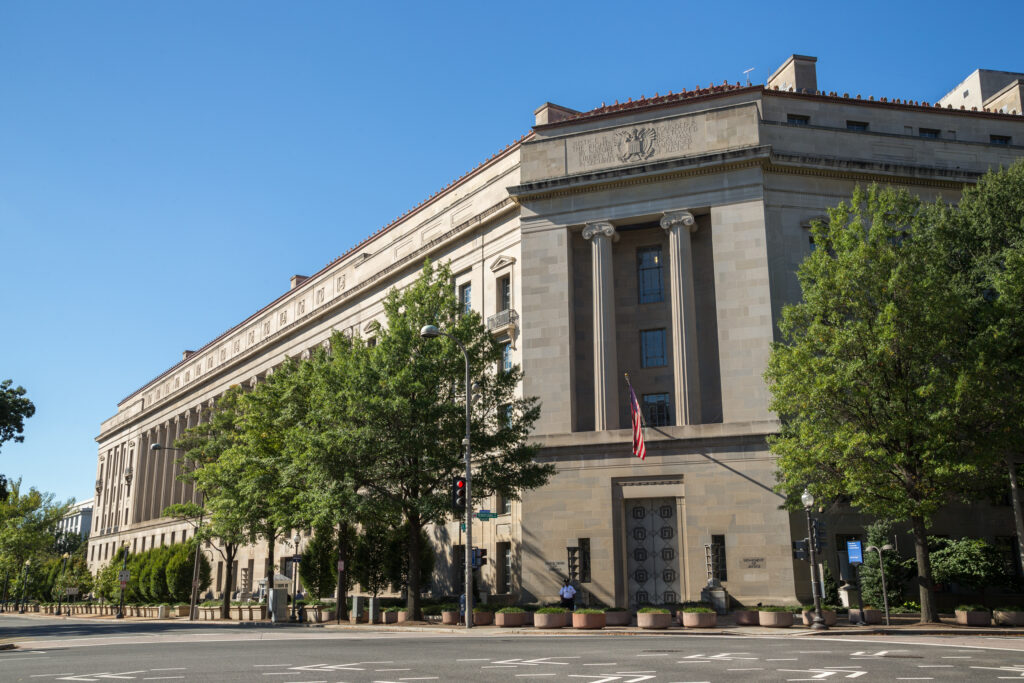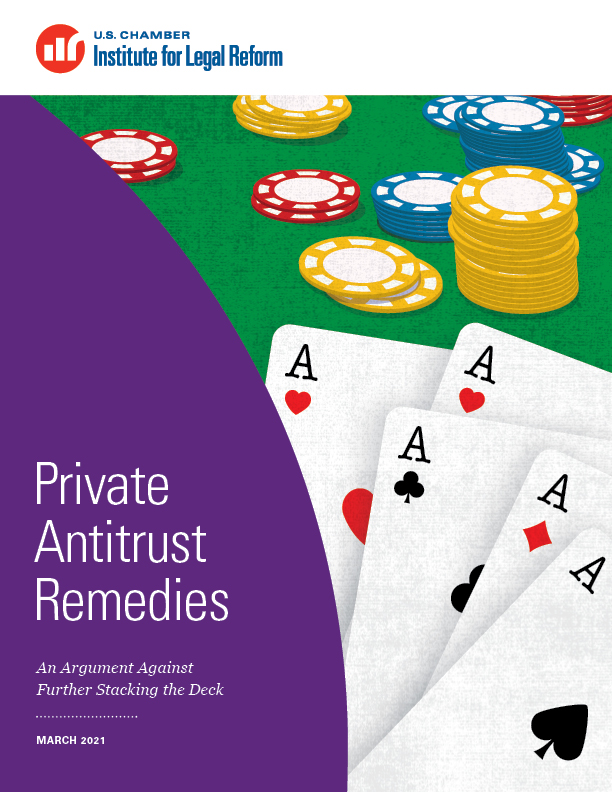The U.S. Department of Justice (DOJ) has placed a welcome focus lately on enlisting businesses as partners instead of adversaries in the fight against corporate wrongdoing. One way to strengthen this partnership is to offer concrete incentives for companies to make an up-front investment in ethics and compliance programs designed to detect and prevent violations in the first place.
Already DOJ has made important changes in its corporate enforcement policies including the Foreign Corrupt Practices Act (FCPA) Corporate Enforcement Policy and the Policy on Coordination of Corporate Resolution Penalties, both of which recognize the value of voluntary disclosures, cooperation and corporate compliance programs. DOJ also recently turned its focus toward False Claims Act (FCA) enforcement reform with the Granston memo, which instructs DOJ attorneys to consider seeking the dismissal of qui tam suits under various circumstances, and the Brand memo, which limits the use of “guidance documents” that haven’t gone through the normal notice-and-comment period for government regulations.
Next, DOJ should follow through on Deputy Attorney General Rod Rosenstein’s recent statement that “compliance is an investment.” To encourage that investment, DOJ should modify the U.S. Attorneys’ Manual to identify the essential elements of an effective compliance and ethics program and establish clear and concrete credits in the enforcement process to reward companies that invest in such programs before an investigation.
In civil FCA cases, such credits could include a reduction in the damages multiplier and civil penalties for companies with effective ethics and compliance programs, perhaps a limit of 1.5 times actual damages. These credits could be increased for companies that voluntarily disclose misconduct and undertake appropriate remediation to address the root cause after it occurs. If all these factors are present, DOJ might settle an FCA case without seeking any civil penalties or damages multiplier unless there are aggravating circumstances such as senior management’s involvement in the misconduct.
By providing clear and concrete benefits to companies that implement effective compliance programs, DOJ can devote more of its limited resources on drug traffickers, cybercriminals, terrorists and other threats to the citizenry. As Mr. Rosenstein pointed out, “those groups do not have compliance programs. They do not make voluntary disclosures. They are not our partners in keeping the American economy healthy and prosperous.”
An upcoming whitepaper will examine all of these issues in greater depth, including important reforms DOJ should consider to increase the effectiveness of the government’s corporate enforcement efforts.



